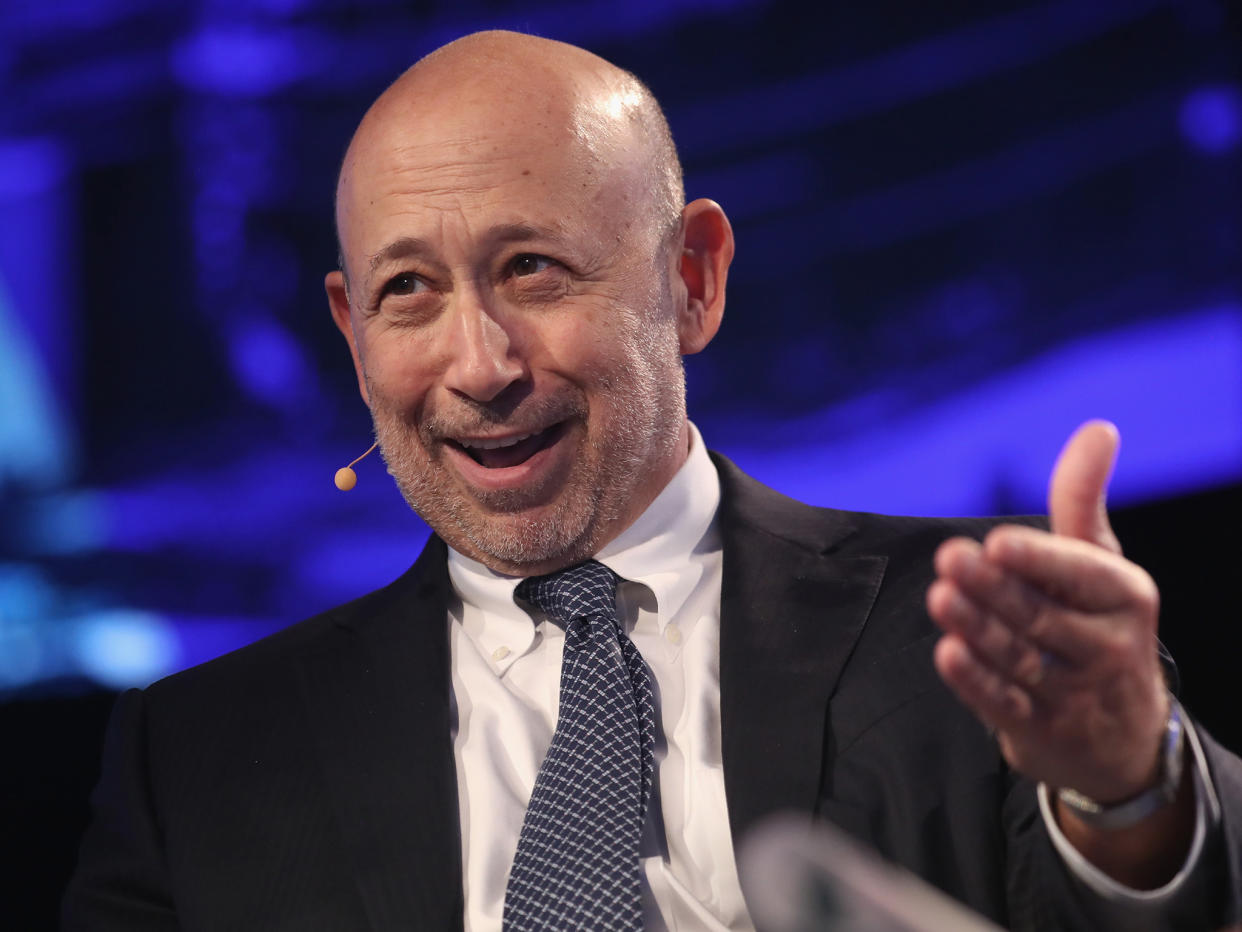Lloyd Blankfein, Wall Street’s brash survivor, to call time on his leadership of Goldman Sachs

It’s the end of an era for Goldman Sachs, and perhaps for Wall Street too.
Goldman Sachs boss Lloyd Blankfein, one of the industry’s great survivors, and the institution’s longest-serving boss in nearly half a century, is reportedly preparing to step down after 12 years at the top.
Born in the Bronx, where his father was a bakery truck driver turned post office mail sorter and his mother a receptionist, his was an unpromising background from which to ascend to the very top of one of the street of dreams’ most prestigious institutions.
His personal drive carried him to Harvard, and then a career as a lawyer, before he changed tack and decided to give investment banking a try.
Rejected by the big names, including Goldman, he found a job with a small trading firm that came to be bought by Goldman where it, and its staff, were seen as the poor relations.
That didn’t last, as Goldman, which made its name as an advisor, especially to companies that wanted help with resisting hostile takeover approaches, started to see the potential in casino capitalism and the returns that could be reaped from it.
The trading business exploded and Blankfein the gambler, who had a fondness for Las Vegas casinos in his legal days, was swept all the way up to the top as a result, assisted by his skill as a salesman, and his ability as a manager of traders.
The understanding of risk, knowing when to take it and when to draw back, was said to be one of his great skills.
But Goldman Sachs ultimately took too much, as did many others during the financial crisis, and ended up getting bailed out with $10bn in funds from America’s Troubled Asset Relief Programme (TARP).
It paid back the money within a year, and the US taxpayer even made a profit.
But life became tougher for Blankfein’s bank when it couldn’t rely on large tranches of borrowed money to boost its returns.
It also became a household name and had to deal with unprecedented public criticism thanks to the perception of it as an exemplar of the everything bad about Wall Street.
“A great vampire squid wrapped around the face of humanity, relentlessly jamming its blood funnel into anything that smells like money,” was how Matt Taibibi memorably characterised it in Rolling Stone magazine in an article that also highlighted just how prevalent alumni had become in government circles around the world.
Despite Mr Blankfein’s best efforts, including an attempt to rebrand it as a tech company, and putting money up to back women’s businesses, it has never quite shaken that off.
Mr Blankfein also took some heat over his eye-popping salaries, and no wonder.
Just don’t expect him to show any shame on Twitter or anywhere else.

